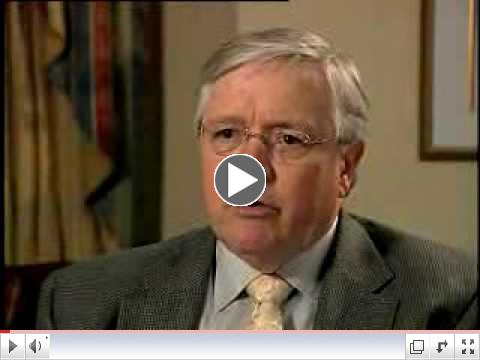FOR IMMEDIATE MEDIA RELEASE
Omaha, NE - Seven Oaks of Florence and Creighton University have been awarded the Safe Communities Award for their collaborative efforts to reduce fall risks in older adults, as reported by the Greater Omaha Chapter of the National Safety Council. They will be recognized at a National Safety Council awards luncheon on May 19, 2011, in Omaha.
Seven Oaks of Florence is one of 20 housing programs nationally that was recently selected to participate in a Housing Demonstration Laboratory directed by COLLAGE, The Art & Science of Healthy Aging, and launched in the winter of 2010. COLLAGE, based in Kennett Square, PA., gives organizations like Seven Oaks of Florence the tools to partner with older people in their quest to age successfully.
In their award application, Seven Oaks of Florence wrote that they are "...completing the COLLAGE healthy aging assessments" and have created "a partnership with Creighton University. With the assistance of health science students from nursing, occupational therapy, pharmacy and physical therapy...teams of students will complete the assessments" and "recommendations will be generated for each resident at Seven Oaks. The information will be used to identify potential problems, and residents identified as highest risk for falls will also receive a home safety checklist, a balance assessment, and a medication review by students and faculty."
Julie Kaminsky, Executive Director of Seven Oaks of Florence said, "We are honored and humbled to receive this prestigious Safe Community Award. The collaboration with Creighton, and the solid evidence-based outcomes we will be able to use to assist our residents, their families and the community would not be possible without a tool like COLLAGE. Access to the assessment and reporting resources through COLLAGE has raised the bar for our wellness program and will keep our residents safer and more independent."
COLLAGE, The Art & Science of Healthy Aging is a consortium of aging services organizations working to advance healthy aging and improve outcomes of older adults living independently. Members of the consortium - continuing care communities, moderate-income and federally subsidized housing programs, and home care and community-based agencies - use a unique, holistic, evidence-based assessment tool and person-centered process to improve quality of life and successful aging.
Through the COLLAGE assessment system, organizations have the opportunity to measure, track and improve healthy aging outcomes. Valid and reliable assessment data leads to: 1) the development of personalized healthy aging plans for individuals, and 2) a methodology to target the right programs and services to best match needs for a campus or community. This two level approach enables individuals to take charge of their own healthy aging and allows organizations to focus aging support resources appropriately for their community of residents.
More information is available from:
Neil Beresin
National Program Manager
COLLAGE, The Art & Science of Healthy Aging:
Phone: 610.335.1283
Email: info@collageaging.org;
Website: www.collageaging.org
|
|
|
|
|
 | |
Larry Minnix talks about COLLAGE, The Art & Science of Healthy Aging
|
|
|
Learn About COLLAGE
The next free one-hour webinar, "An Introduction to COLLAGE, 2011" will be held on Thursday, April 21 from 12:30- to 1:30 pm, Eastern Standard Time.
Click HERE to register.
|
|
COLLAGE is a membership consortium of aging services organizations, including CCRCs, moderate-income and federally subsidized housing, home care and community-based agencies using a holistic, evidence-based assessment tool and person-centered process to advance healthy aging and improve outcomes of older adults living independently.
|
|